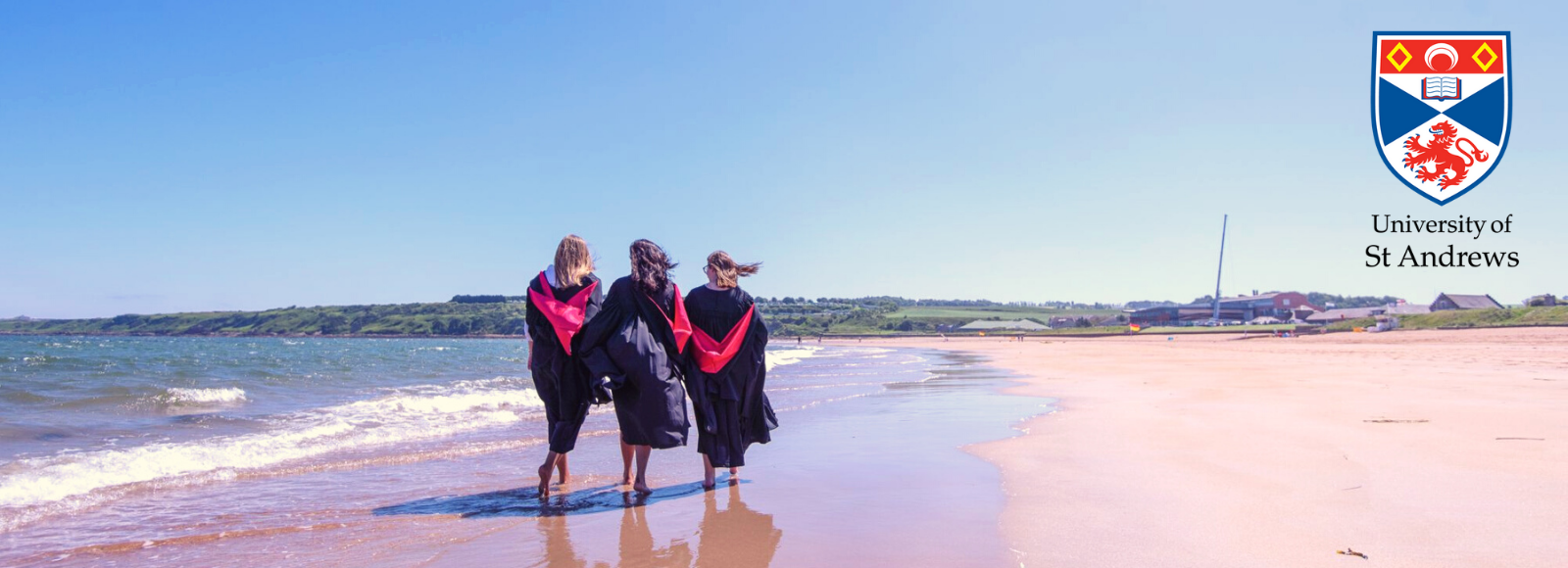- ...
Postgraduate Studentships - Search for funding opportunities.
Postgraduate Studentships - Search for funding opportunities.
The MLitt in Theology and the Arts is a one-year taught programme run by the Institute for Theology, Imagination and the Arts (ITIA), within the School of Divinity. Our MLitt is one of the first postgraduate programmes of its kind and retains its world-leading reputation.
The course is designed to provide a broad and rigorous introduction to postgraduate work in the field of theology and the arts. It can be taken as a self-contained programme of study or as a grounding for those intending to pursue doctoral research in this field.
Highlights
A 2.1 undergraduate Honours degree in theology or an Arts subject. If you studied your first degree outside the UK, see the international entry requirements.
The qualifications listed are indicative minimum requirements for entry. Some academic Schools will ask applicants to achieve significantly higher marks than the minimum. Obtaining the listed entry requirements will not guarantee you a place, as the University considers all aspects of every application including, where applicable, the writing sample, personal statement, and supporting documents.
Application requirements
For fees and funding options, please visit website to find out more
Students on the Theology and the Arts MLitt programme are provided with the skills they need to succeed in an international job market, both academic and non-academic.
Graduates have taken up roles in a wide variety of occupations and sectors, including:
The Careers Centre offers one-to-one advice to all students as well as a programme of events to assist students in building their employability skills.
Compulsory
Optional
Dissertation
Student dissertations will be supervised by members of the teaching staff who will advise students in their choice of subject and provide guidance throughout the research process.
The completed dissertation of 15,000 words must be submitted by a date specified in August.
If students choose not to complete the dissertation requirement for the MLitt, an exit award is available that allows suitably qualified candidates to receive a Postgraduate Diploma. By choosing an exit award, you will finish your degree at the end of the second semester of study and receive a PGDip instead of an MLitt.

Scotland’s first university, an experience like no other Masters programmes to help you find your future. Are you looking to earn an outstanding pos...
Sign up to Postgraduate Studentships
Sign up to compare masters
Thanks for making your selection. Click below to view your comparisons.